Tag: children’s human rights
Reading Time: 4 minutes All children have human rights. Article 1 of the United Nations Convention on the Rights of the Child (CRC) establishes that, for the purposes of the Convention, “a child means every human being below the age of eighteen years”. The UN Committee on the Rights of the Child states that “The Convention requires that children, including the very youngest children, be respected as persons in their own right” (2005, page 3).
Reading Time: 7 minutes Incorporation of the United Nations Convention on the Rights of the Child (UNCRC) into Scots law represented a pivotal moment in Scotland’s efforts to become a nation where children’s human rights are taken seriously and where there is accountability for them.
Reading Time: 4 minutes Patricio sees children and young people cross the border with Ukraine, and calls for children to be helped and protected, but also respected.
Reading Time: 3 minutes On the fourth day of this course, Professor Ann Skelton (member of the UN Committee on the Rights of the Child) covered the topic of children’s rights and comparative perspectives.
Reading Time: 2 minutes OPIC has been operating since 2014 and, up to now, 48 countries have ratified it and 17 signed – but it not yet ratified by the UK. This protocol provides a complaints procedure that enables individual or groups whose rights have been violated to access fair remedies. There are three types of the Communication Procedure: individual, inter-state and inquiries, and this session focus on individual communication.
Reading Time: 3 minutes From her insider perspective as a member of the UN Committee on the Rights of the Child, Professor Ann Skelton gave an overview of the options, from the research and evidence of Global Studies, to the authoritative interpretations of General Comments , to engaging children and young people, civic society and others in General Days of Discussion .
Reading Time: 2 minutes In a unique collaboration between the Centre for the Study of Human Rights Law and the Institute for Inspiring Children’s Futures (IICF), the question of ‘how do we implement children’s rights?’ is being brought to the foreground in this week-long continuing professional development (CPD) course.


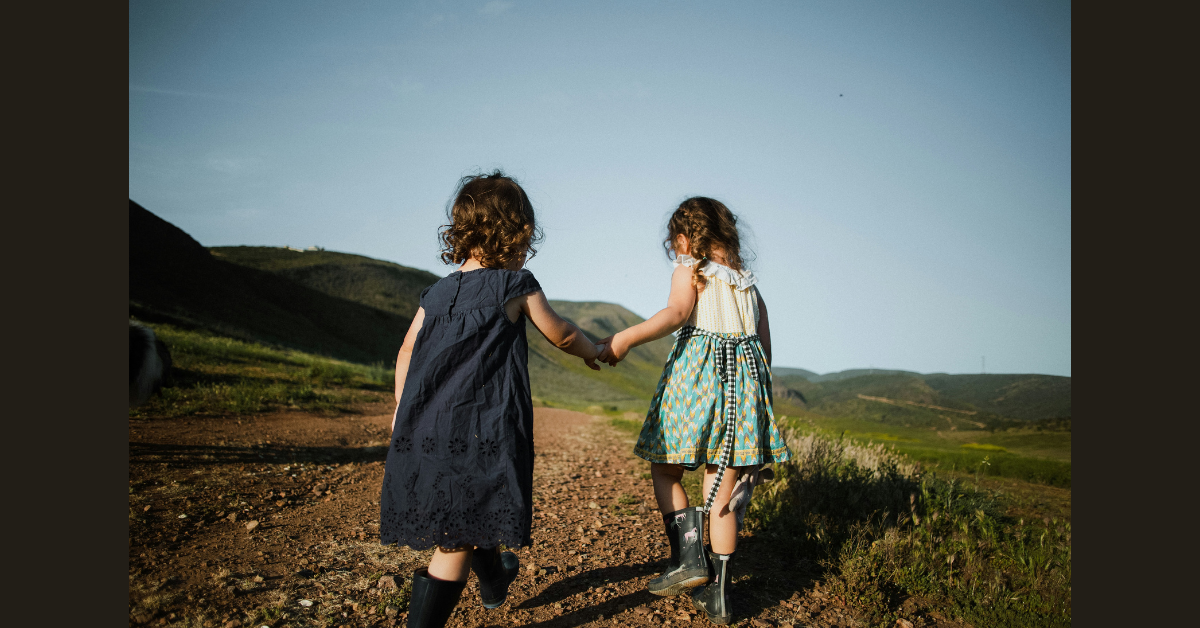
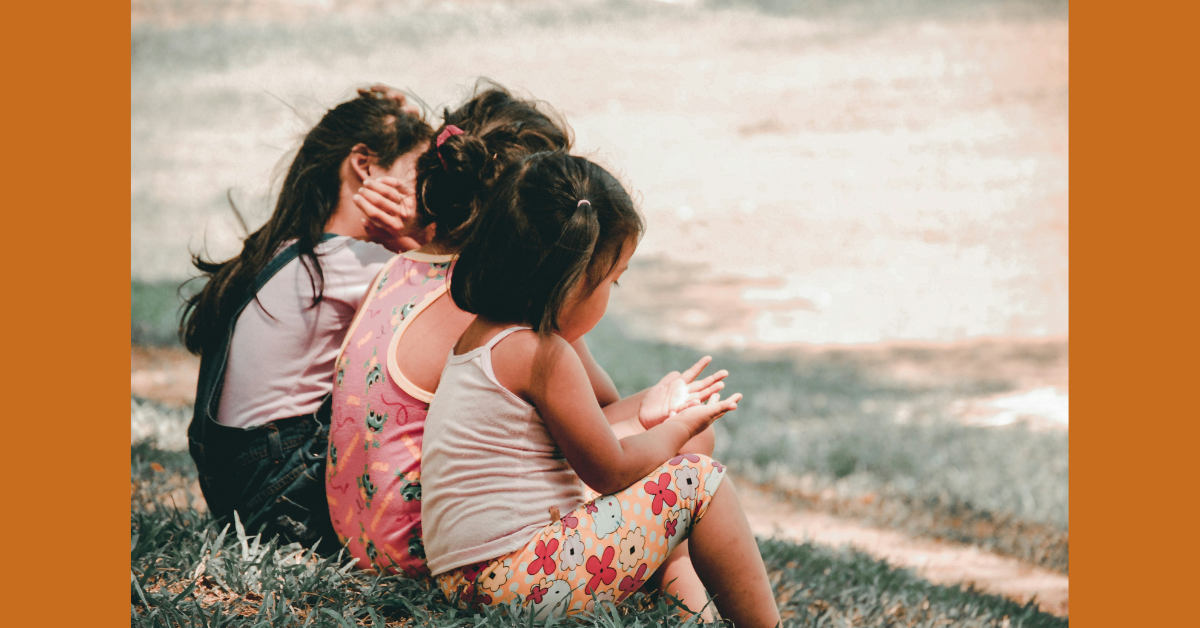
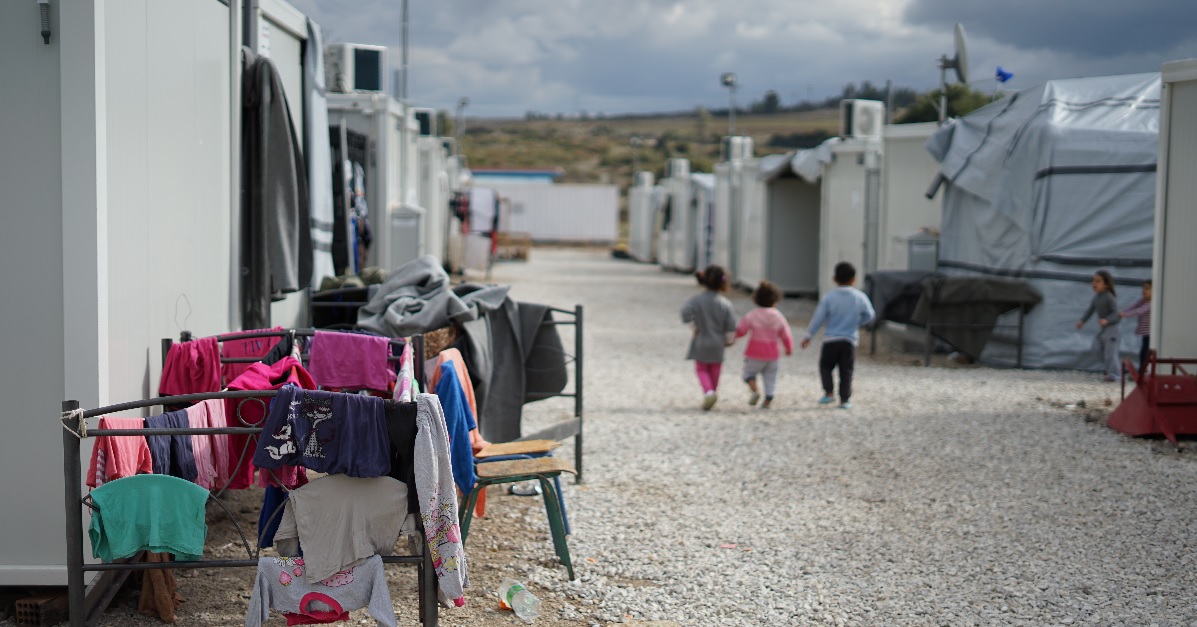
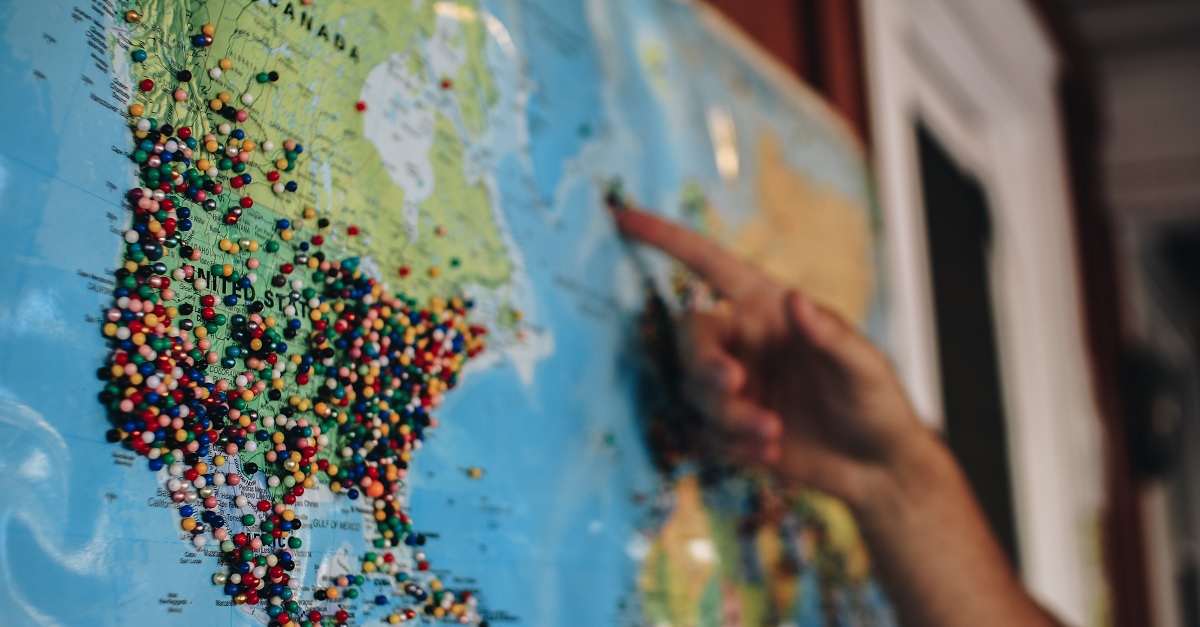

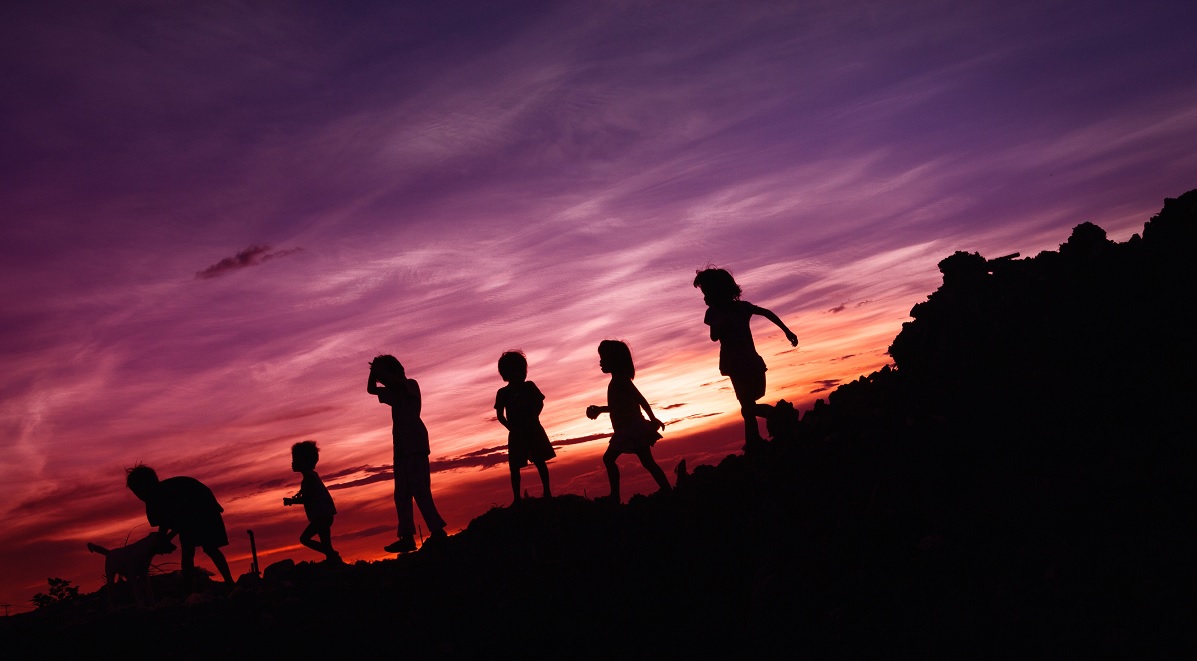
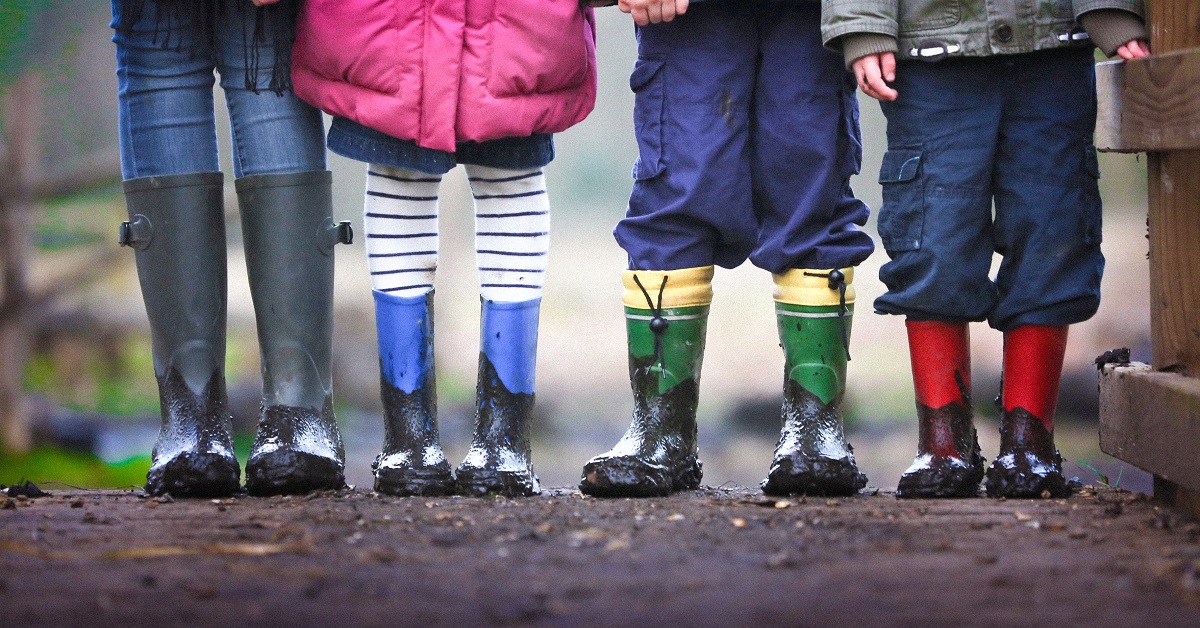
Recent comments